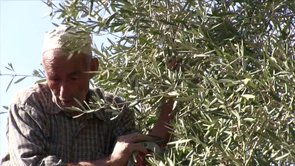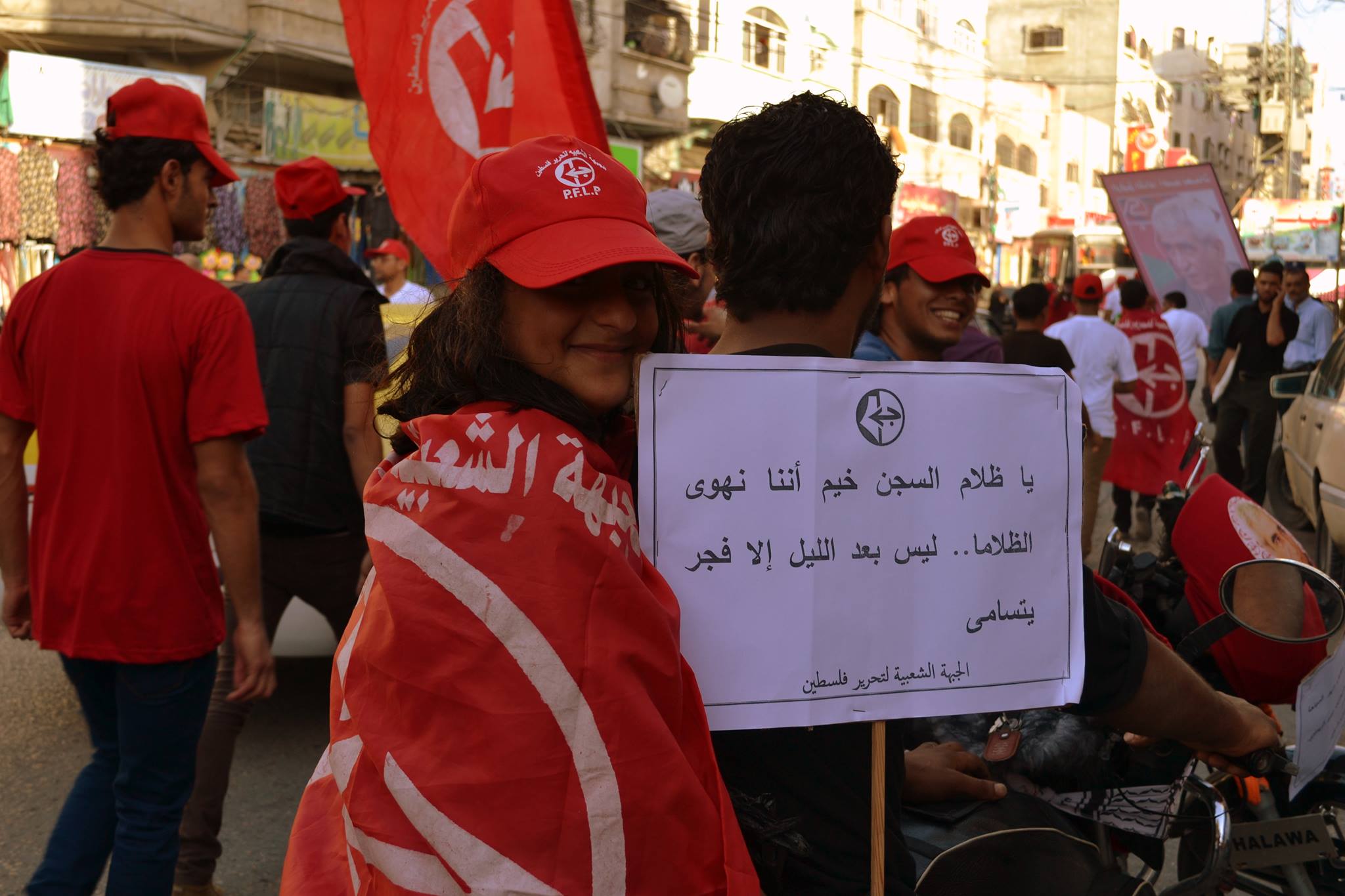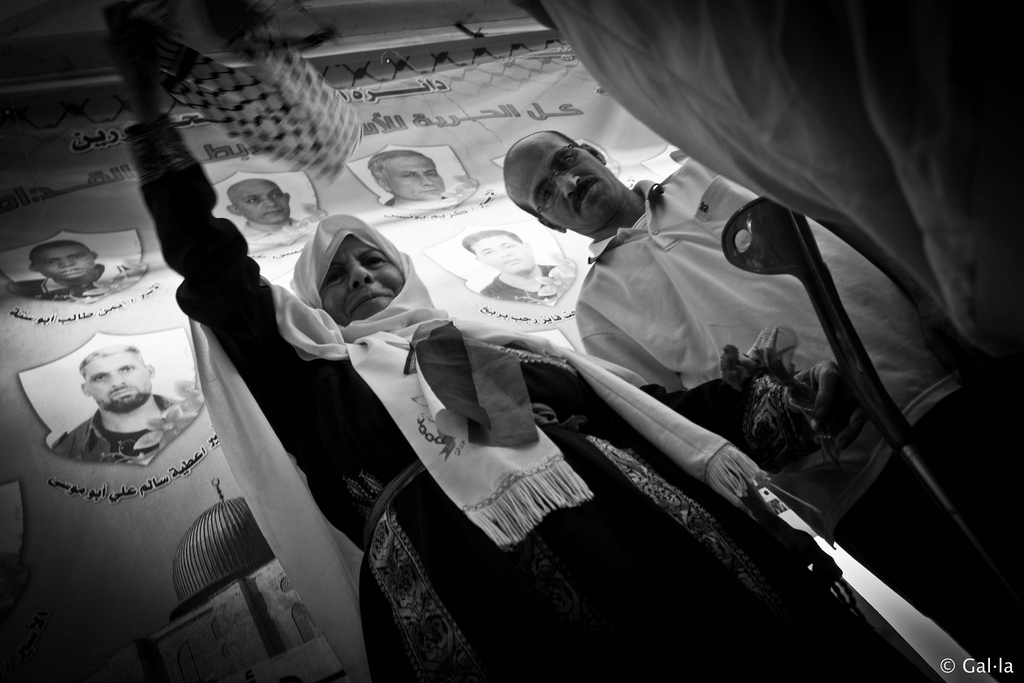Year: 2013
-
Settler intimidation in Kafr Qalil
24th October 2013 | International Solidarity Movement, Nablus Team | Kafr Qalil, Occupied Palestine Yesterday, Wednesday the 23rd October, a Palestinian farmer and his family were olive picking in Kafr Qalil together with international activists. Close to the fields is the illegal settlement of Bracha and one settler aggressively intimidated the farmer until he left the area.…
-
Video and photos: March for Ahmad Sa’adat and all Palestinian prisoners, Gaza
23rd October 2013 | International Solidarity Movement, Rosa Schiano | Gaza, Occupied Palestine A march in solidarity with Ahmad Sa’adat and all the Palestinian political prisoners in Israeli jails, Gaza City, 22 October 2013.
-
Photos: A morning with the resistance at Gaza’s Monday protest for detainees
23rd October 2013 | International Solidarity Movement, Gal·la López | Gaza, Occupied Palestine It’s 9:00 am, and today the Red Cross in Gaza City is more crowded than usual. Women, men, children and the elderly await the arrival of the resistance. In a moment, they will receive some members of the al-Qassam Brigades, the armed wing of the Hamas…



